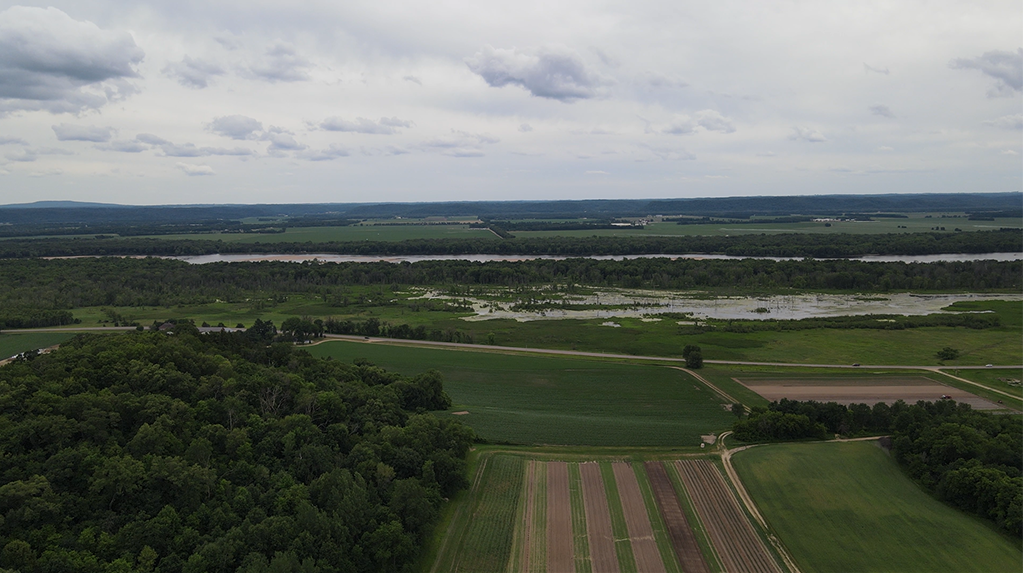Natural Climate Solutions are Essential to Avoiding Catastrophic Climate Disaster
Spring Green, WI – On Monday, the UN Intergovernmental Panel on Climate Change (IPCC) released its latest report, issuing what UN Secretary-General António Guterres described as a “clarion call to massively fast-track climate efforts by every country and every sector and on every timeframe.” The report, dubbed a ‘survival guide for humanity,’ underscores the urgency for local and global leaders to limit warming to 1.5 degrees Celsius, and forecasted an overshoot of the goal as early as 2030 if major course corrections are not taken. The Savanna Institute, a Wisconsin-based nonprofit working to transition Midwest agriculture to a climate solution, issued the following statement:
“The Savanna Institute is grateful for the climate scientists at the IPCC and their tireless work to communicate the urgent need for global action. The latest IPCC report reaffirms what Midwestern farmers report each season: an unprecedented increase in extreme precipitation events, flooding, and volatile temperature changes related to climate change — all of which threaten farming as we know it.
The agriculture sector is currently responsible for 11 percent of US greenhouse gas emissions, according to the USDA. The US can reduce its impact on the climate by cutting emissions and adopting natural climate solutions – both necessary strategies for achieving the 1.5 degree Celsius warming limit recommended by the IPCC.
Natural climate solutions describe land-use practices that mitigate climate change by drawing down carbon from the atmosphere. The Savanna Institute focuses on a natural climate solution called agroforestry. Farmers and landowners who practice agroforestry incorporate tree crops into farming systems. Integrating trees into pasture, called silvopasture, or planting widely-spaced rows of trees with crops between the rows, called alley cropping, are key strategies farmers can adopt right now to improve livestock and crop performance, while also reducing emissions and drawing down carbon. Climate scientists consistently rank agroforestry as one of the most viable and promising climate solutions available.
In 2022, the USDA announced its Partnerships for Climate-Smart Commodities, a historic investment aimed at expanding markets for food grown with a low carbon footprint. The Savanna Institute plays a key role in two of the Partnerships. The added funding enables the nonprofit organization to expand its Technical Service Program, which helps Midwest farmers and landowners plan, implement, and secure financial assistance for establishing agroforestry on their farms. The Savanna Institute also runs a network of demonstration farms in Wisconsin and Illinois that serve as research and educational hubs for the public to see agroforestry in action, and it administers an Apprenticeship Program to develop the workforce for climate-smart agriculture.
Savanna Institute’s Research Team is answering the call for climate action by studying carbon sequestration levels on farms that practice agroforestry, which will inform standard measurements for carbon markets. The Team is also mapping crop suitability under future climate scenarios to help Midwest farmers adapt to the rapidly changing climate.”

